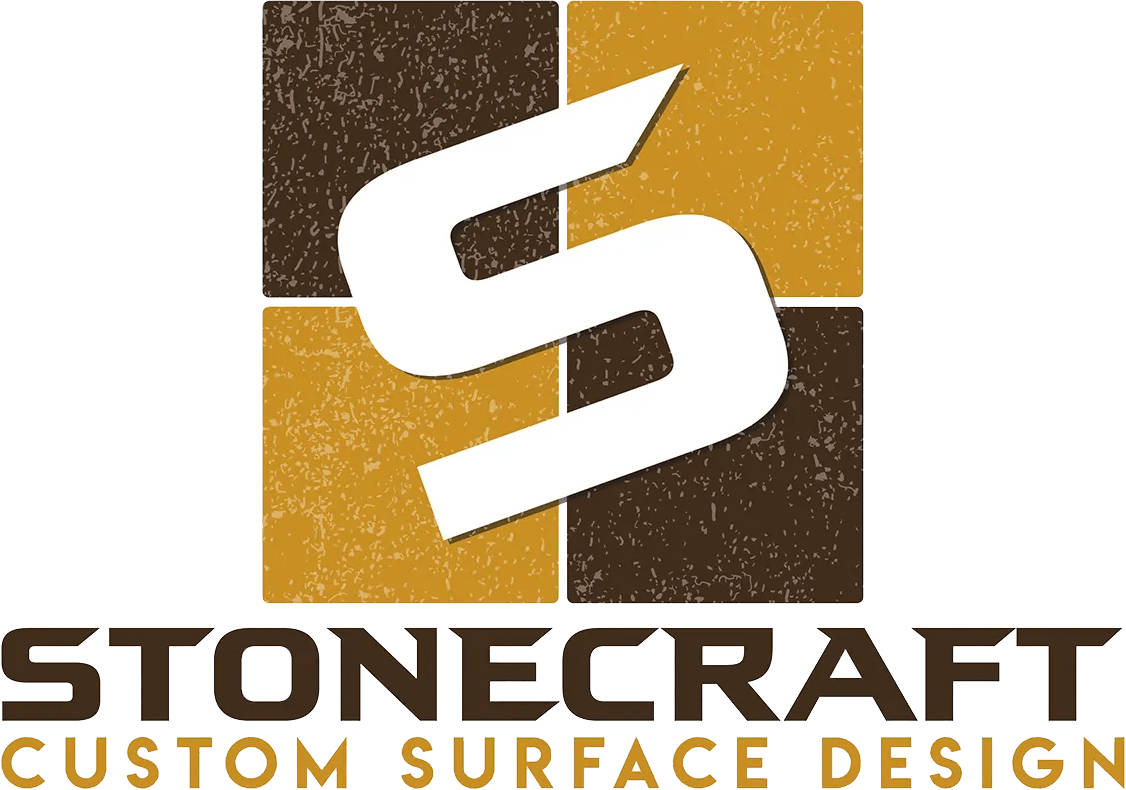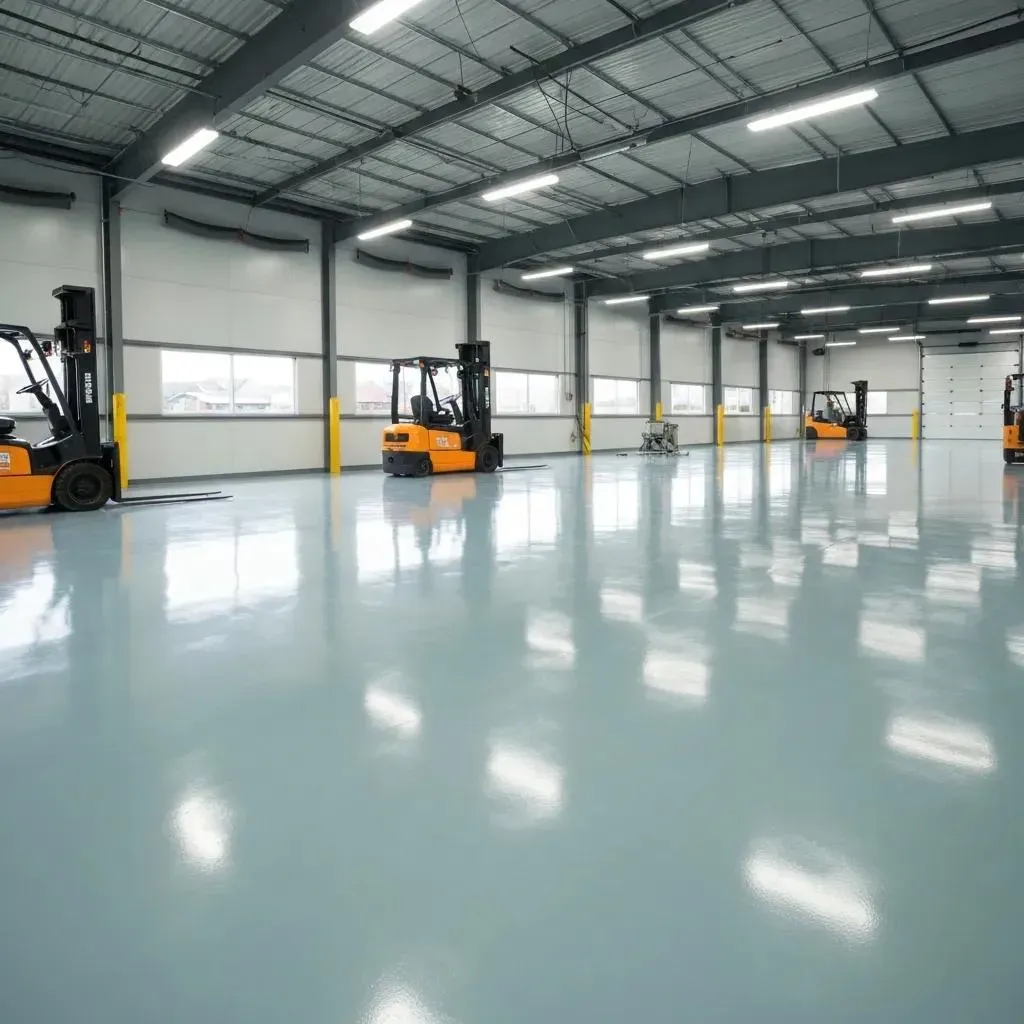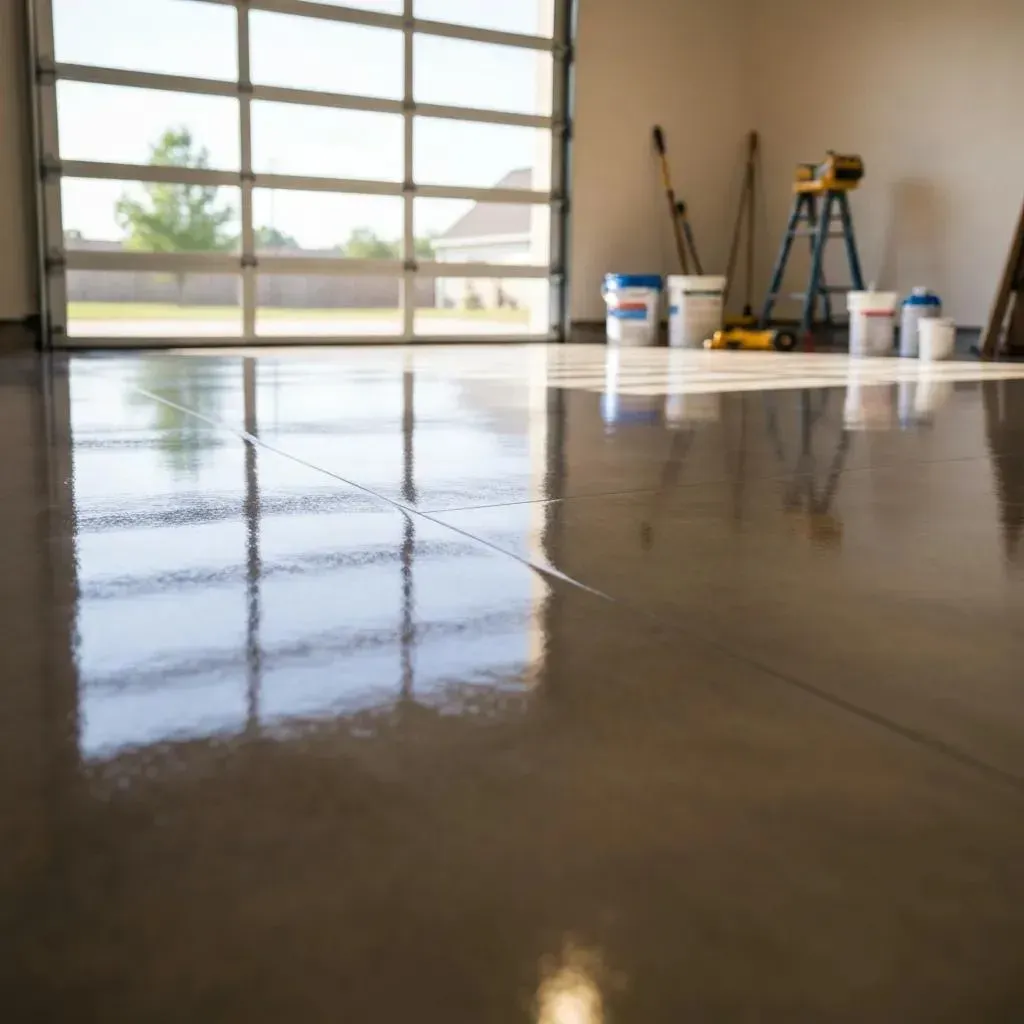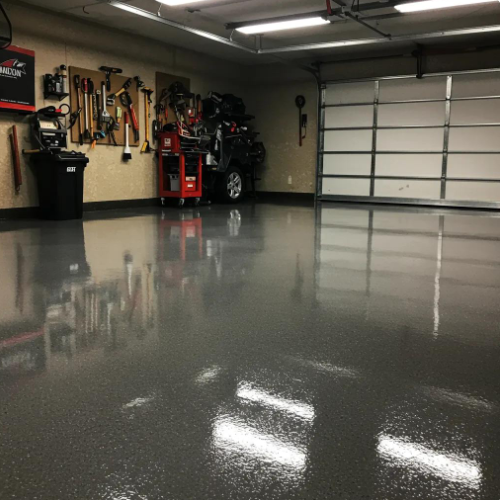Epoxy Garage Flooring in NJ: The Secret Upgrade With Polyaspartic Top Coats for Durable, Stylish Garage Floors
Epoxy Garage Flooring in NJ: The Secret Upgrade With Polyaspartic Top Coats for Durable, Stylish Garage Floors
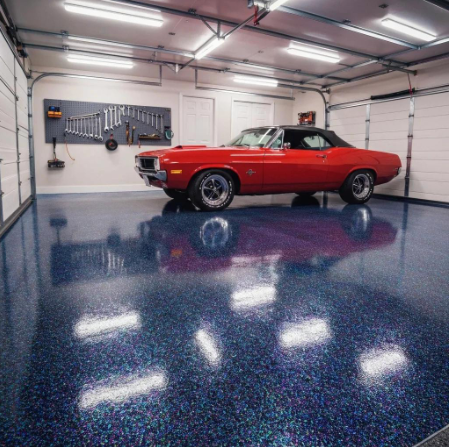
A cracked, stained garage floor undermines safety and curb appeal, but transforming concrete into a seamless, long-lasting surface has never been easier. This guide reveals how epoxy garage flooring in New Jersey combines resin chemistry with polyaspartic top coats to deliver superior durability, chemical resistance, and visual flair. Readers will learn what epoxy coatings are, why polyaspartic is the "secret upgrade," how professional installation works, true investment value, maintenance best practices, and Stonecraft NJ's specialized residential and commercial solutions.
What Is Epoxy Garage Flooring and Why Is It Popular in NJ?
Epoxy garage flooring is a two-part polymer system that bonds to concrete, creating a hard, glossy surface that resists impact and spills. This resin-and-hardener combination cures into a seamless layer that protects garage slabs from wear and enhances visual appeal. Understanding its makeup and advantages explains why New Jersey homeowners and businesses choose epoxy for garages.
What Are the Key Components of Epoxy Garage Flooring?
The foundation of any epoxy system is its chemical formulation, which consists of a resin base and a reactive hardener.
- Resin Base: A polyepoxide compound that provides adhesion to concrete and forms the molecular backbone.
- Hardener: An amine-based catalyst that initiates polymerization and defines cure time.
- Optional Additives: Pigments, silica for anti-slip, and flake broadcasts for texture and visual depth.
Each component merges to create a coherent film that bonds tightly to prepared concrete, ensuring resistance to abrasion and chemical attack while delivering a glossy finish. This chemical synergy paves the way to explore the practical benefits epoxy brings to NJ garages.
What Benefits Does Epoxy Flooring Offer for NJ Garages?
Epoxy garage floors offer four core advantages that address common garage floor demands:
- Durability and Impact Resistance – Epoxy forms a tough, wear-resistant shell that withstands dropped tools and heavy foot traffic.
- Chemical and Stain Resistance – Spills of oil, brake fluid, and household chemicals bead and wipe away without penetrating the surface.
- Aesthetic Appeal – High-gloss finishes and decorative flakes create a showroom-style look that elevates garage interiors.
- Low Maintenance and Easy Cleaning – Smooth, non-porous surfaces simplify sweeping and mopping, minimizing dust and allergens.
These benefits combine to deliver a floor that stays attractive and functional under New Jersey's heavy garage usage, directly improving the user experience and property value.
A Look into the Longevity of Epoxy Flooring: Is it Worth the Investment?
Epoxy flooring can endure for 10 to 20 years or longer with appropriate maintenance and reapplication of topcoats. It offers robust durability and resistance to heavy weight, impacts, and chemical spills. However, epoxy flooring can be susceptible to UV light, which may affect its longevity and appearance over time.
This research supports the article's discussion on the durability and lifespan of epoxy flooring, while also highlighting its vulnerability to UV light, which is a key reason for the polyaspartic "upgrade."
What Types of Epoxy Garage Floor Finishes Are Available?
Understanding finish options clarifies how epoxy can be customized to match style and functional needs.
Finish Type
Texture
Common Use
Solid Color
Smooth, uniform
Classic workshop look with rich, consistent hue
Flake Broadcast
Speckled, textured
Covers minor imperfections and adds slip control
Metallic Epoxy
Shimmering swirl
High-end aesthetic for modern garages
Quartz Broadcast
Gritty, anti-slip
Industrial-grade traction for heavy-duty use
Each finish type balances appearance and performance: solid color for a sleek workshop floor, flake for coverage and traction, metallic for visual drama, and quartz for maximum slip resistance. Choosing the right finish leads naturally into how epoxy solves specific garage problems.
How Does Epoxy Flooring Address Common Garage Floor Problems?
Epoxy coatings prevent cracks, eliminate dust, block stains, and improve traction in one application. By bonding to concrete, epoxy seals micro-fissures, stopping slab dusting. Chemical resistance ensures oil and solvent spills sit on the surface until cleaned. Anti-slip additives restore grip under wet or oily conditions. This comprehensive protection resolves structural and safety issues while sustaining garage aesthetics under daily use.
Why Are Polyaspartic Top Coats the Secret Upgrade for Garage Floors in NJ?
Adding a polyaspartic top coat transforms a standard epoxy system into a resilient, UV-stable, fast-curing powerhouse. Understanding polyaspartic chemistry and its advantages reveals why this "secret upgrade" is rapidly gaining favor among New Jersey garage owners and Stonecraft NJ's installation specialists.
This is paragraph text. Click it or hit the Manage Text button to change the font, color, size, format, and more. To set up site-wide paragraph and title styles, go to Site Theme.
